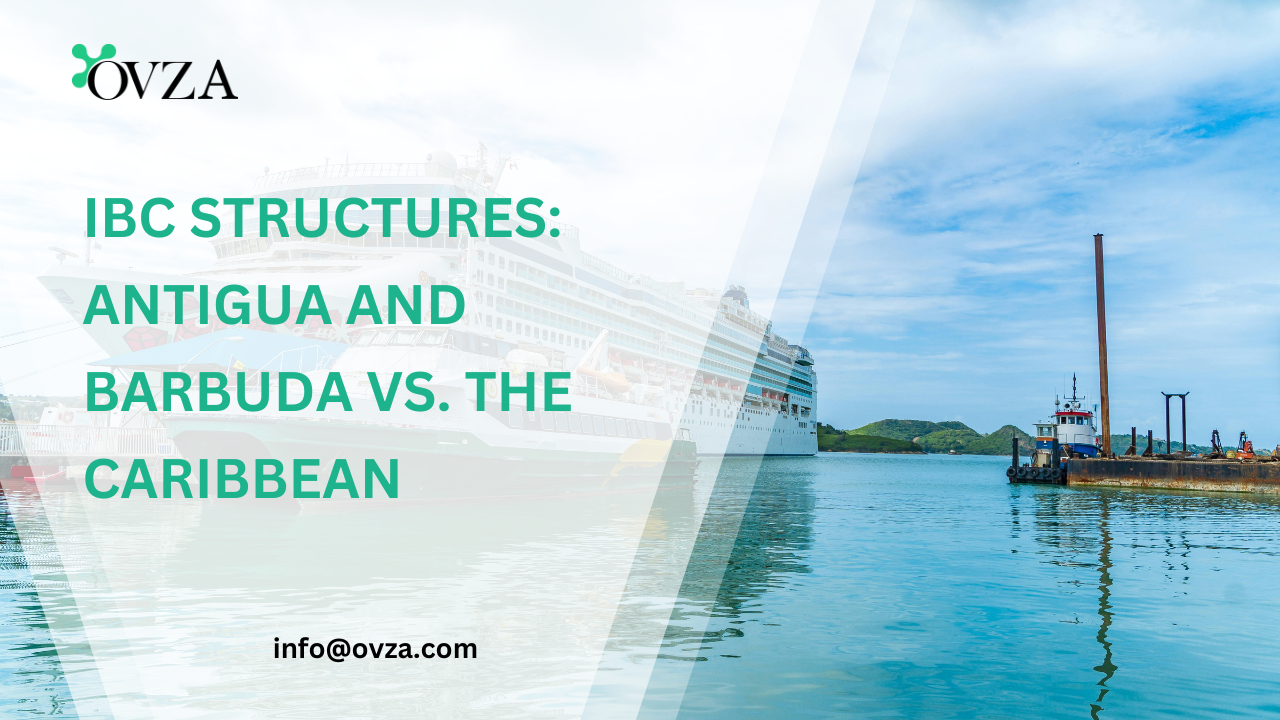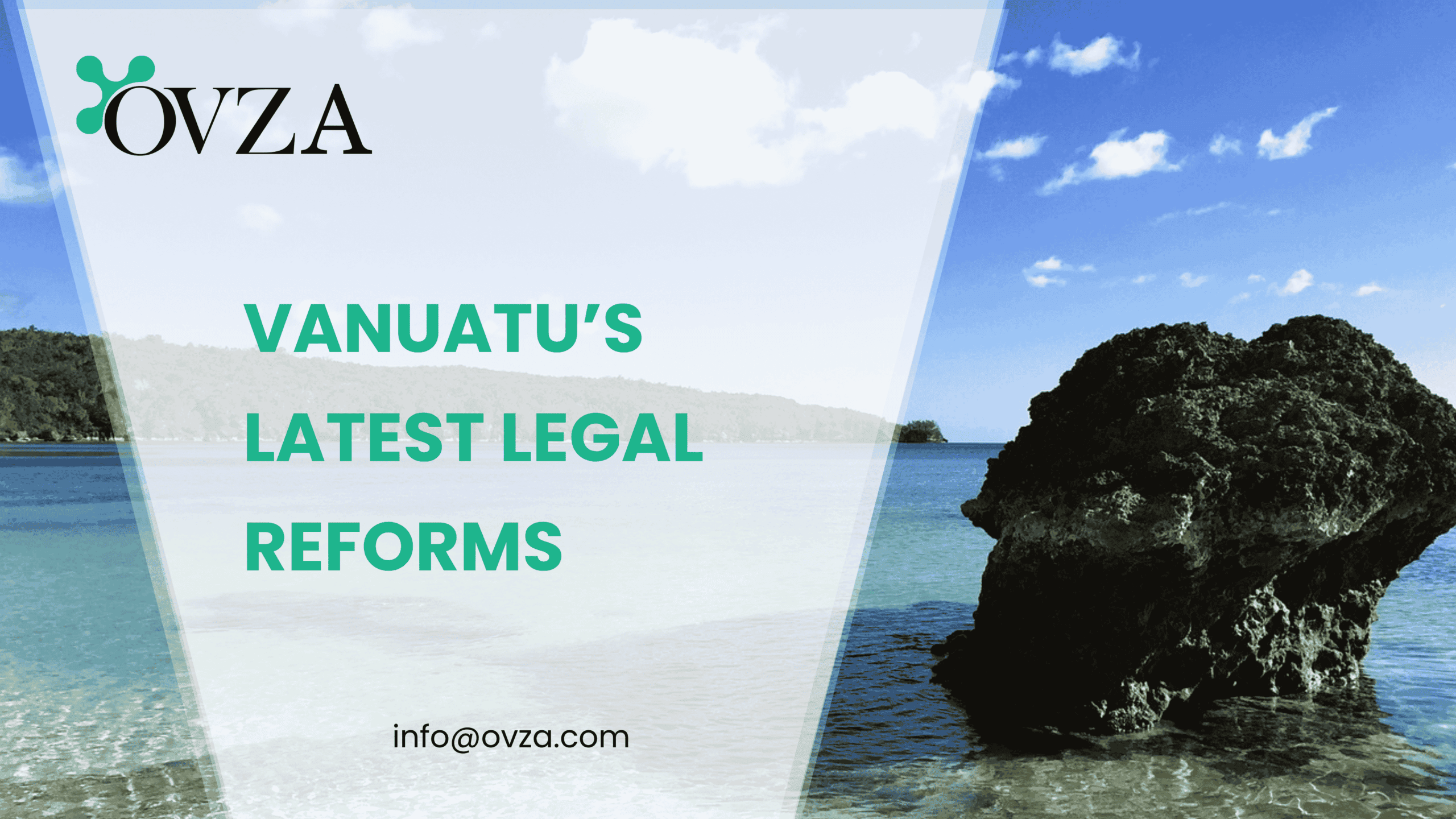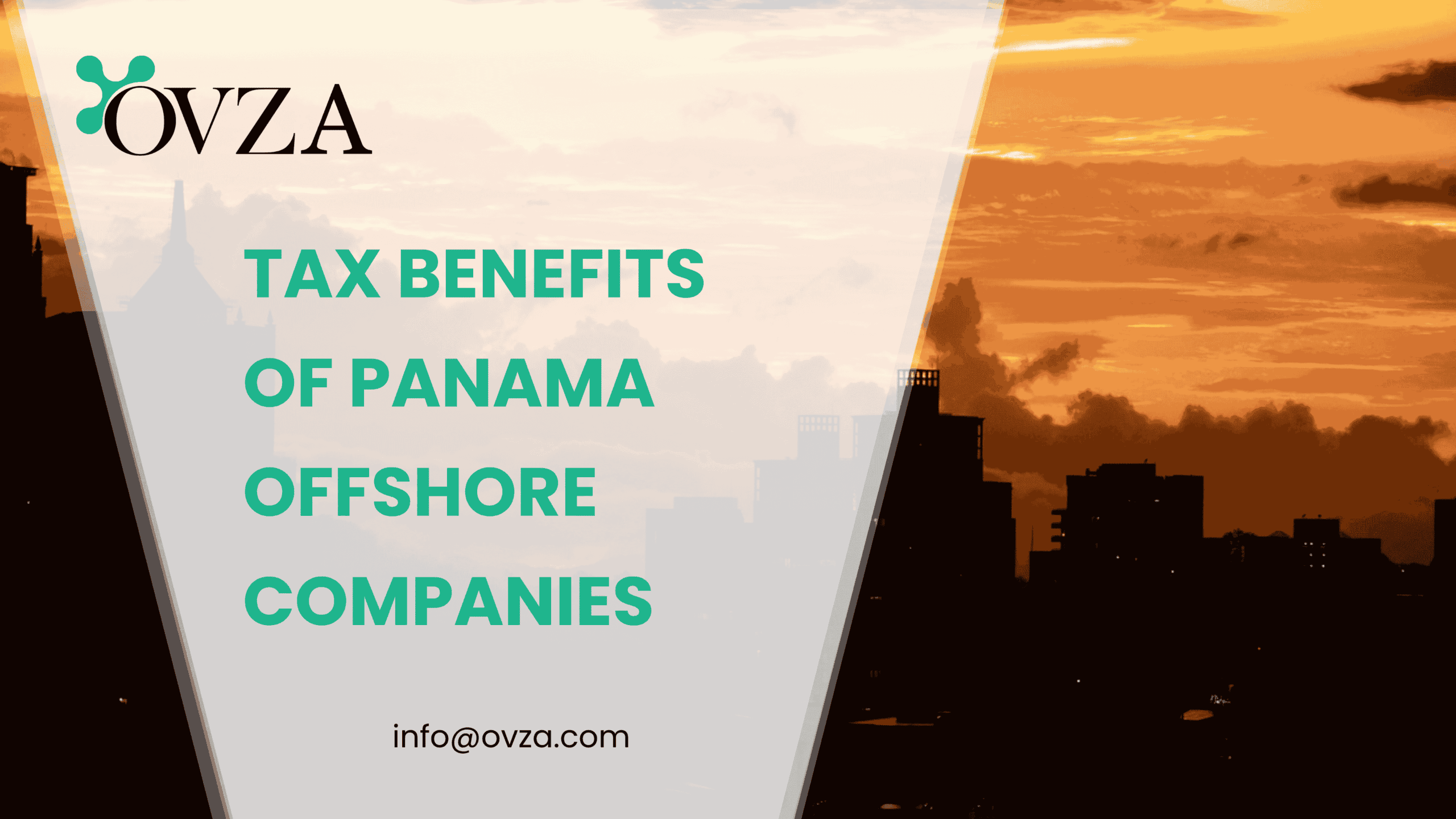Compare IBC structures in Antigua and Barbuda to other Caribbean jurisdictions. Explore differences in ownership, liability, and tax incentives.
Why Choose the Caribbean for IBCs?
Caribbean nations offer multiple advantages for IBC formation, including tax exemptions on foreign-sourced income, low compliance requirements, and strong confidentiality measures. Popular jurisdictions for IBCs include Antigua and Barbuda, the British Virgin Islands (BVI), the Bahamas, and the Cayman Islands. While each jurisdiction offers benefits, subtle differences can impact operational flexibility and legal protections.
Key Comparison Factors for IBCs Across Caribbean Jurisdictions
To compare IBC structures in Antigua and Barbuda with other Caribbean nations, we’ll focus on four primary elements: ownership flexibility, liability protection, tax incentives, and legal compliance and flexibility.
- Ownership Requirements Antigua and Barbuda
– Ownership Flexibility: Antigua and Barbuda require only one shareholder and one director, with no restrictions on nationality or residency. This simplicity and flexibility in ownership allow 100% foreign ownership.
– Confidentiality: Shareholder and director information is kept confidential, offering privacy protection.
– Share Classes: Multiple share classes, including bearer shares, are permitted, enabling flexibility in ownership structures.
British Virgin Islands (BVI)
– Minimal Requirements: Like Antigua, the BVI only requires one shareholder and one director, with no residency requirements.
– High Confidentiality: Ownership details are confidential and protected under local laws.
– Bearer Shares: Bearer shares are permitted but require custodianship, adding a layer of complexity for those seeking flexible share options.
Bahamas
– Similar Ownership Flexibility: The Bahamas allows 100% foreign ownership with a minimum of one director and one shareholder.
– Confidentiality Protections: The Bahamas also provides strong confidentiality for shareholders and directors.
– Restriction on Bearer Shares: Bearer shares are not permitted, limiting flexibility for shareholders interested in this feature.
Cayman Islands
– Ownership Flexibility: Like other Caribbean jurisdictions, the Cayman Islands permit 100% foreign ownership with only one director and one shareholder.
– Confidentiality Protections: Confidentiality of shareholders and directors is a key feature.
– No Bearer Shares: Bearer shares are prohibited, so all shares must be registered.
Summary: Antigua and Barbuda, BVI, and the Bahamas offer similar flexibility in ownership requirements. However, BVI and Antigua allow bearer shares (with conditions), which can appeal to investors seeking versatile share structures.
- Liability Protections
Antigua and Barbuda
– Limited Liability: Shareholders’ liability is limited to the amount invested, ensuring personal assets are protected.
– Director Protections: Directors have a level of indemnity against personal liability when acting within their legal responsibilities, which is essential for attracting qualified board members.
British Virgin Islands (BVI)
– Limited Liability: The BVI also offers limited liability to shareholders, shielding personal assets from business liabilities.
– Director Protections: BVI extends robust liability protections to directors, similar to Antigua, making it appealing for international directors.
Bahamas
– Limited Liability: Shareholders in the Bahamas are protected from company liabilities beyond their initial investment.
– Director Liability: Directors are protected under local laws, provided they act within their fiduciary duties.
Cayman Islands
– Limited Liability: Cayman Islands IBCs offer shareholders limited liability protections.
– Director Protections: The Cayman Islands also provide significant liability protection for directors, similar to other jurisdictions in the Caribbean.
Summary: All four jurisdictions offer limited liability for shareholders and similar protections for directors, making each one favorable for investors seeking asset protection.
Tax Incentives
Antigua and Barbuda
– Corporate Tax Exemption: IBCs are exempt from corporate tax on income sourced outside Antigua and Barbuda.
– No Withholding Taxes: There are no withholding taxes on dividends, interest, or royalties paid to non-residents.
– No Capital Gains Tax: Antigua and Barbuda do not impose capital gains tax, making it ideal for asset sales and investment management.
British Virgin Islands (BVI)
– Tax-Neutral: The BVI is tax-neutral, meaning IBCs pay no corporate taxes, income taxes, or capital gains taxes.
– No Withholding Taxes: BVI does not impose withholding taxes on dividends or interest, making it tax-efficient for global operations.
Bahamas
– Tax-Free Environment: The Bahamas does not impose taxes on income, capital gains, or dividends for IBCs.
– No Withholding Taxes: Similar to Antigua and BVI, the Bahamas do not levy withholding taxes on non-resident payments.
Cayman Islands
– Zero Corporate Tax: Cayman Islands IBCs benefit from zero corporate tax and no capital gains tax.
– No Withholding Taxes: Dividends, royalties, and interest payments to non-residents are not subject to withholding tax.
Summary: All four jurisdictions—Antigua and Barbuda, BVI, Bahamas, and Cayman Islands—offer highly tax-efficient environments, with no corporate tax on foreign-sourced income, no capital gains tax, and no withholding taxes. These tax incentives are a major draw for IBCs in the Caribbean.
- Legal Flexibility and Compliance
Antigua and Barbuda
– Simplified Compliance: Annual financial reporting is not required, enhancing privacy. However, record-keeping is mandatory for regulatory purposes.
– Compliance with AML: IBCs must adhere to Anti-Money Laundering (AML) regulations, which enhance transparency.
– Restrictions on Domestic Business: IBCs cannot conduct business locally or hold local real estate, restricting activities within Antigua.
British Virgin Islands (BVI)
– Minimal Compliance: BVI has no requirement for audited financial statements or annual returns, appealing to those seeking low compliance burdens.
– AML Compliance: Similar to Antigua, BVI requires AML compliance, with Know Your Customer (KYC) checks for transparency.
– Restrictions on Local Operations: BVI IBCs are limited in conducting business within the local economy.
Bahamas
– Low Compliance Requirements: No requirement for annual reporting or public disclosure












